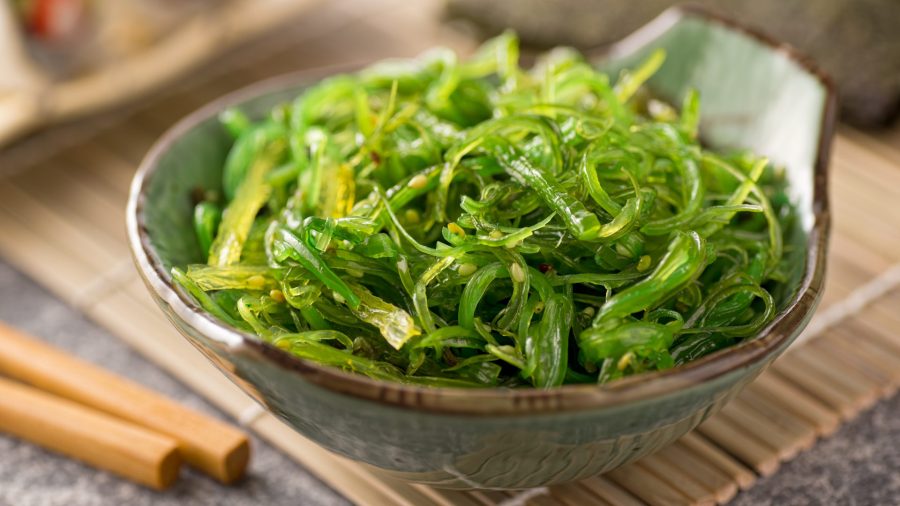When it comes to sustainable food sources, kelp checks all the right boxes. But are U.S. consumers ready to embrace it as a main course?
Courtney Boyd Myers, CEO of alt-meat food tech company AKUA, believes the nutritional and environmental benefits of kelp will propel its growth in the alternative protein space.
“I think that kelp is going to follow an extremely similar trajectory to mushrooms,” said Boyd Myers in a recent Food Institute Podcast. “It just spans an entire culinary universe.”
More Plant-Based Meats, Please
The global plant-based meat market is expected to reach $9.43 billion by 2026, growing at a CAGR of 14%, according to Facts & Factors. The gains will largely be driven by consumers seeking foods that promote both personal and planetary health.
To Boyd Myers, kelp-based meat alternatives like AKUA’s jerky and burgers represent a whole new category for those who seek to incorporate plant-based foods into their diet.
Using sea greens also broadens the palate of available ingredients for alternative meat products. Unnatural demand for any crop can lead to environmental imbalances, noted Boyd Myers. For instance, most plant-based meat proteins are made with soy, and overharvesting soybeans can lead to significant deforestation without proper safeguards.
“As we look at a source of food and how it’s grown, two of the most taxed resources are fresh water use and land use,” said Boyd Myers. In addition to its impressive nutritional profile and ability to sequester carbon, ocean-farmed kelp is a zero-input food — it does not require freshwater, dry land, or fertilizer to grow.
Investment Landscape
Agrifood funding reached an unprecedented $22.3 billion in 2020, with food tech investment totaling $17.3 billion. Within the segment — which spiked 73% over a twelve-month period — alt proteins represented the fastest-growing category.
In its 2020 Agrifood Tech Investment Review, Finistere Ventures said that investors are showing significant support for startups focused on transforming food consumption and supply chain through the development of more sustainable and resilient food systems, such as regenerative aquaculture.
So far, AKUA has raised over $750K.
For Boyd Myers, finding financial backing for the kelp burger has been easier than AKUA’s first product, kelp jerky. This further emphasizes the value of center plate meat alternatives across the investment landscape.
The Matter of Taste
The speed and scale at which consumers adopt kelp as a food ingredient will also come down to how it tastes.
Brian Choi, Managing Partner and CEO at The Food Institute, recently taste-tested the kelp burger at an AKUA-sponsored event and was surprised by its flavor and texture. “The kelp burger would rank within the top vegetarian burgers I’ve tried,” said Choi. “I’m very curious to see how the market will receive the product in the next few years.”
Boyd Myers believes that U.S. demographics will play a key role in mainstream adoption.
In general, people in coastal communities are more receptive to the idea of eating kelp, said Boyd Myers. But for those who live inland or did not grow up with a lot of seafood in their diet, the idea of eating algae is a little harder to swallow.











